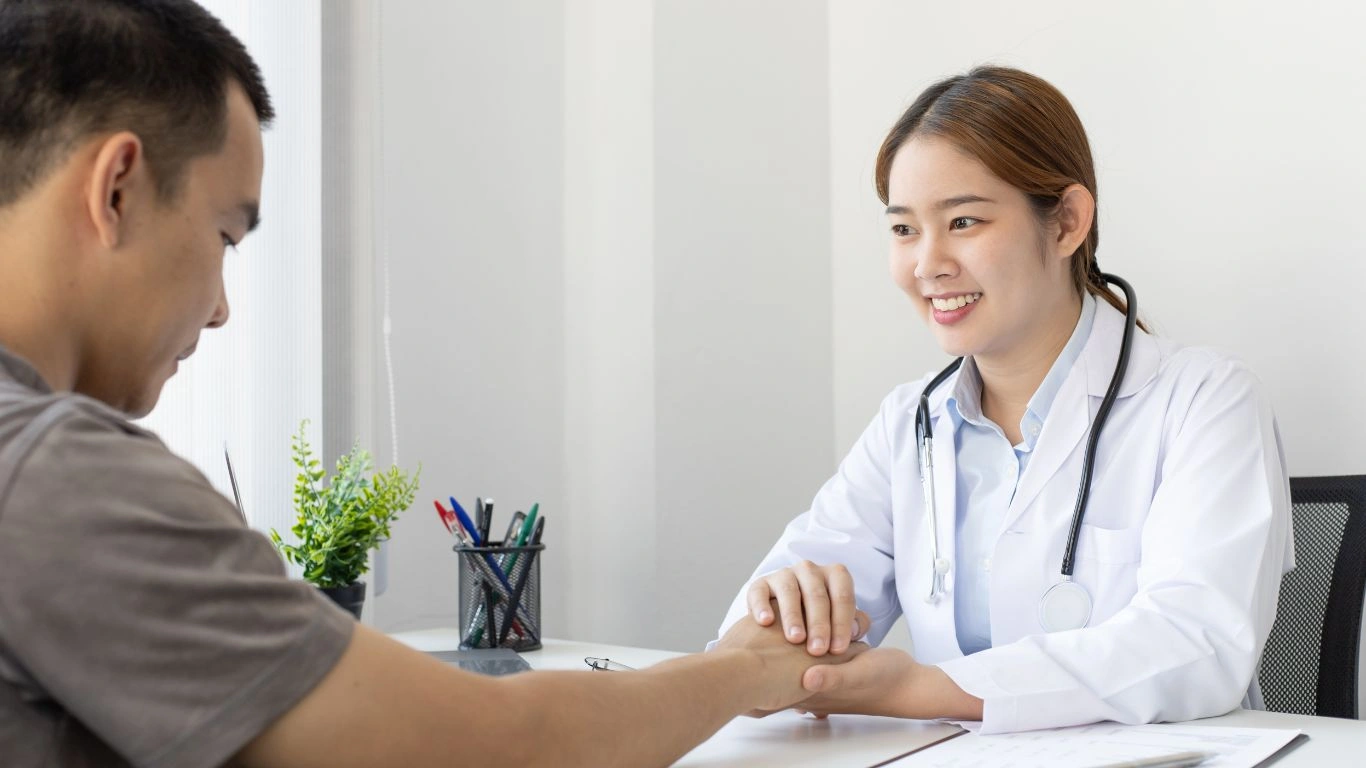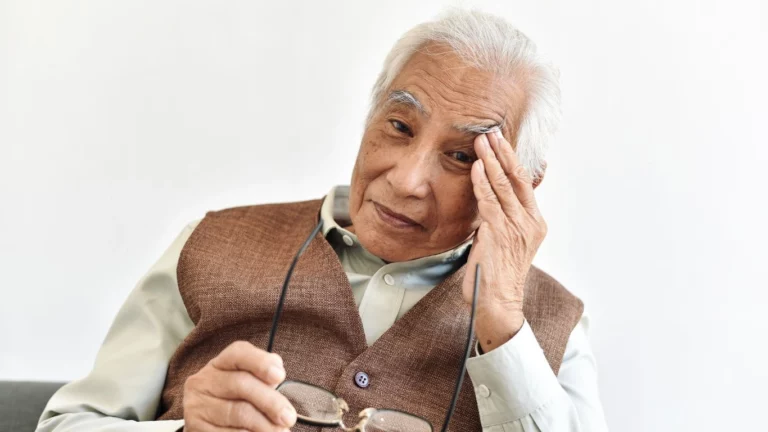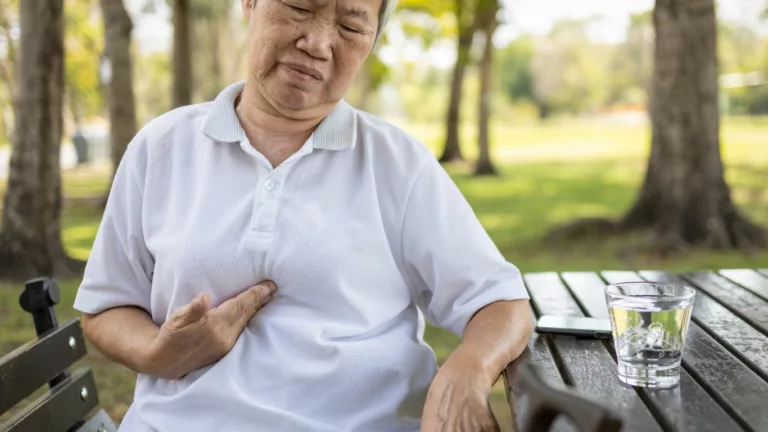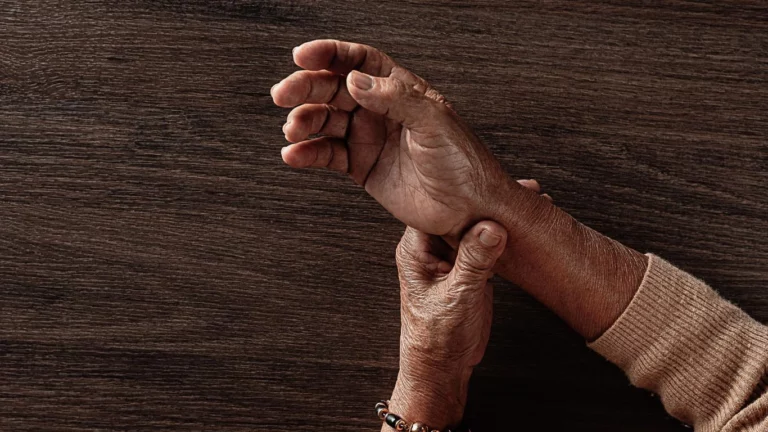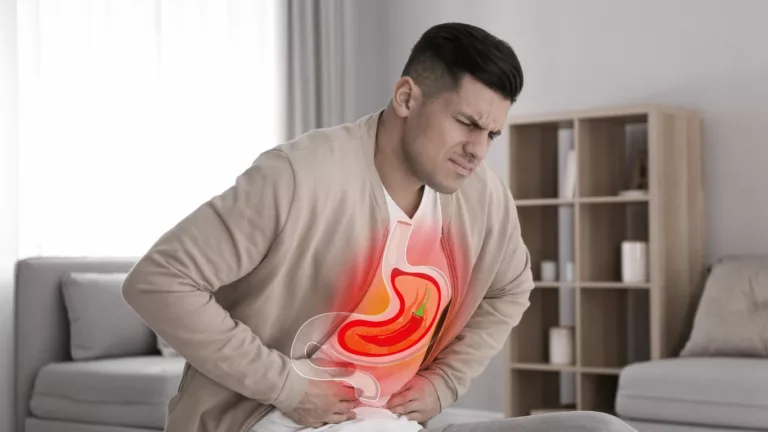Hypertension and Sudden Dizziness Causes: What You Need to Know 🩺💡
So, you’ve got hypertension (high blood pressure), and every now and then you feel that weird wave of dizziness hit. It’s like everything spins for a second, and you have to grab the nearest chair or wall. What’s the deal with that? It’s actually more common than you think. Let’s break it down and figure out why it’s happening.
Why Does High Blood Pressure Make You Feel Dizzy?
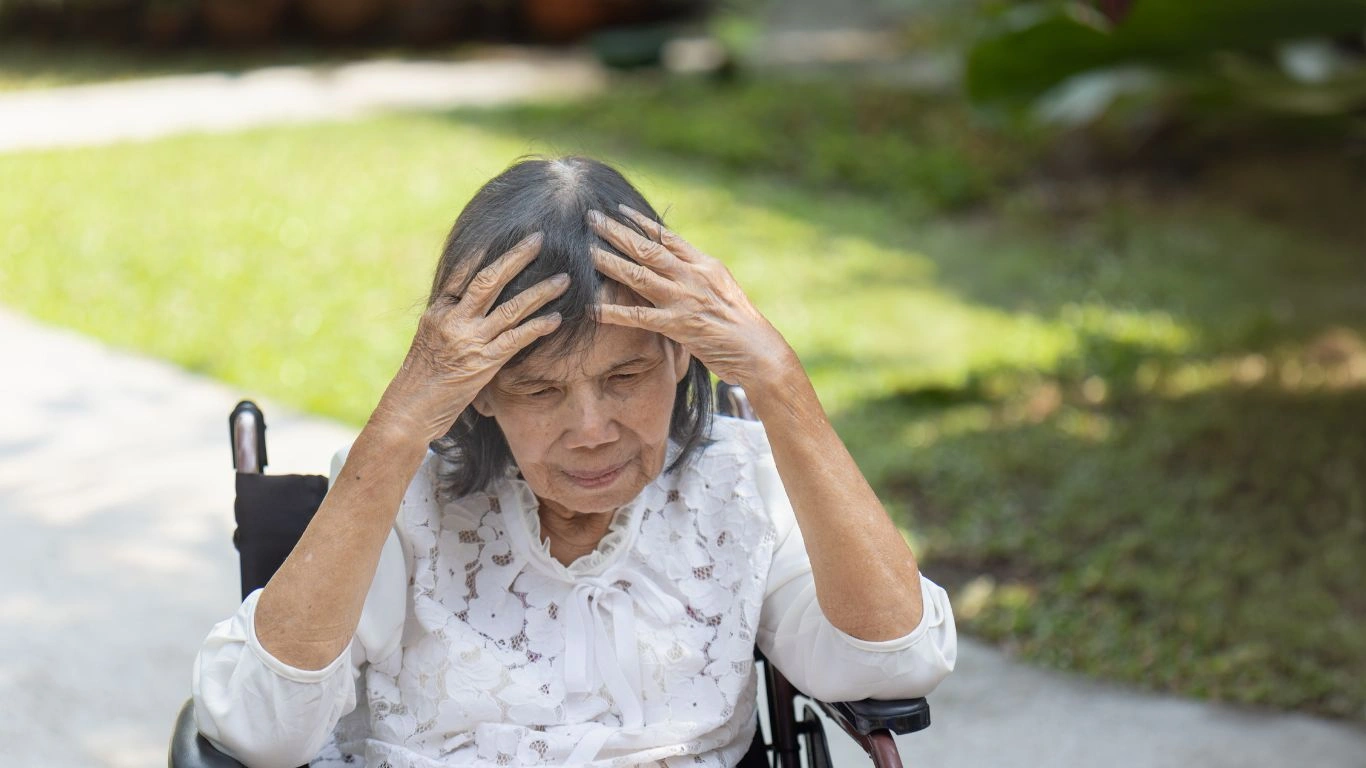
It’s not always obvious, but high blood pressure messes with how blood flows through your body, and that can mess with your head (literally). Here’s why:
1. Blood Flow Issues
When your blood pressure is high, your heart’s working overtime to push blood through your arteries. Think of it like driving a car with the engine running too hot. The blood flow to your brain can become a little… sluggish, which can lead to dizziness or lightheadedness.
2. Medication Side Effects
If you’re on meds to control your blood pressure, like diuretics or beta-blockers, dizziness can be one of the annoying side effects. I’ve had a friend who started feeling dizzy after starting on blood pressure meds, and after talking to her doc, they adjusted her dosage. Problem solved.
3. The ‘Stand Up Slowly’ Thing
I’m sure you’ve heard it before, but standing up too fast can mess with your head. It’s called orthostatic hypotension, and it happens when your blood pressure drops suddenly as you change positions (like when you jump out of bed and forget to take it slow). It’s even more common in folks with hypertension, especially if they’re on meds to lower it.
4. Dehydration and Electrolyte Imbalance
Here’s a fun fact: dehydration can actually cause dizziness. If you’re on blood pressure meds like diuretics, they can make you pee more often and throw off your electrolyte balance. A low level of potassium or sodium can lead to dizziness, so hydration and electrolytes are key.
Troubleshooting: What Can You Do About It?
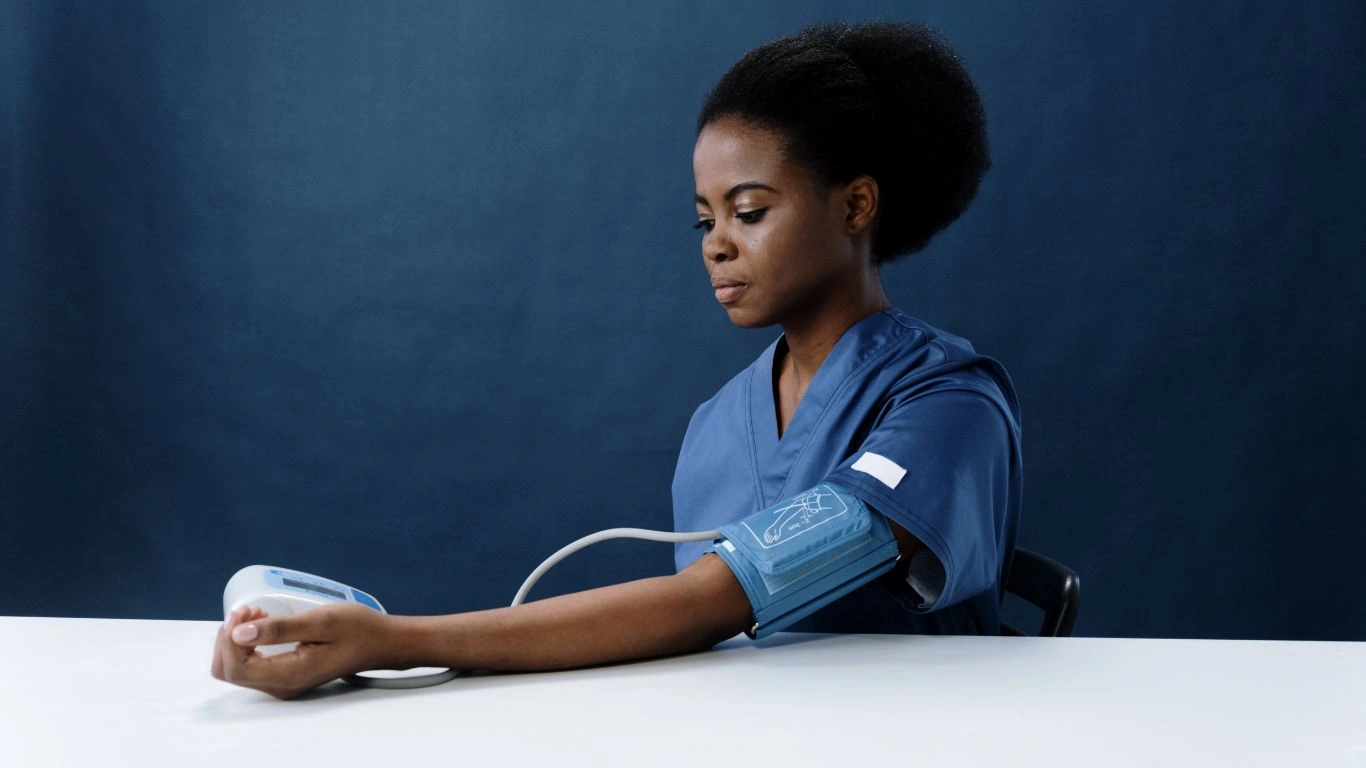
Alright, so if you’re sitting there thinking, “Okay, so what do I do about this dizziness?” here are a few tips that might help.
Track Your Blood Pressure
If you’re feeling dizzy a lot, it might be a good idea to keep an eye on your blood pressure. I’ve had people tell me they didn’t realize their pressure was spiking until they checked it regularly. Monitoring it can help you spot patterns—like, “Oh, it spikes when I forget to take my meds” or “It’s worse when I’m stressed.”
Check Your Medications
Sometimes, the dizziness is from the meds themselves. Talk to your doctor about it, and if you think your meds are causing the problem, ask if there’s an alternative. A friend of mine switched to a different blood pressure medication after she couldn’t shake the dizziness, and it made a huge difference.
Drink More Water & Eat Right
Dehydration isn’t just about feeling thirsty. If you’re not drinking enough water, or if your electrolytes are out of whack (you know, potassium and magnesium and all that), dizziness can hit. So, stay hydrated and maybe add a banana to your snack stash. Hydration + electrolytes = less dizziness.
Avoid Quick Movements
This one’s a bit of a no-brainer, but seriously, standing up too fast is a big culprit. If I’ve had a long day, I make sure to stand up slow, especially if I’ve been sitting for a while. It’s helped me avoid that whole “whoa, the room’s spinning” moment.
Real-Life Stories: Dizziness Happens, But You Can Tackle It
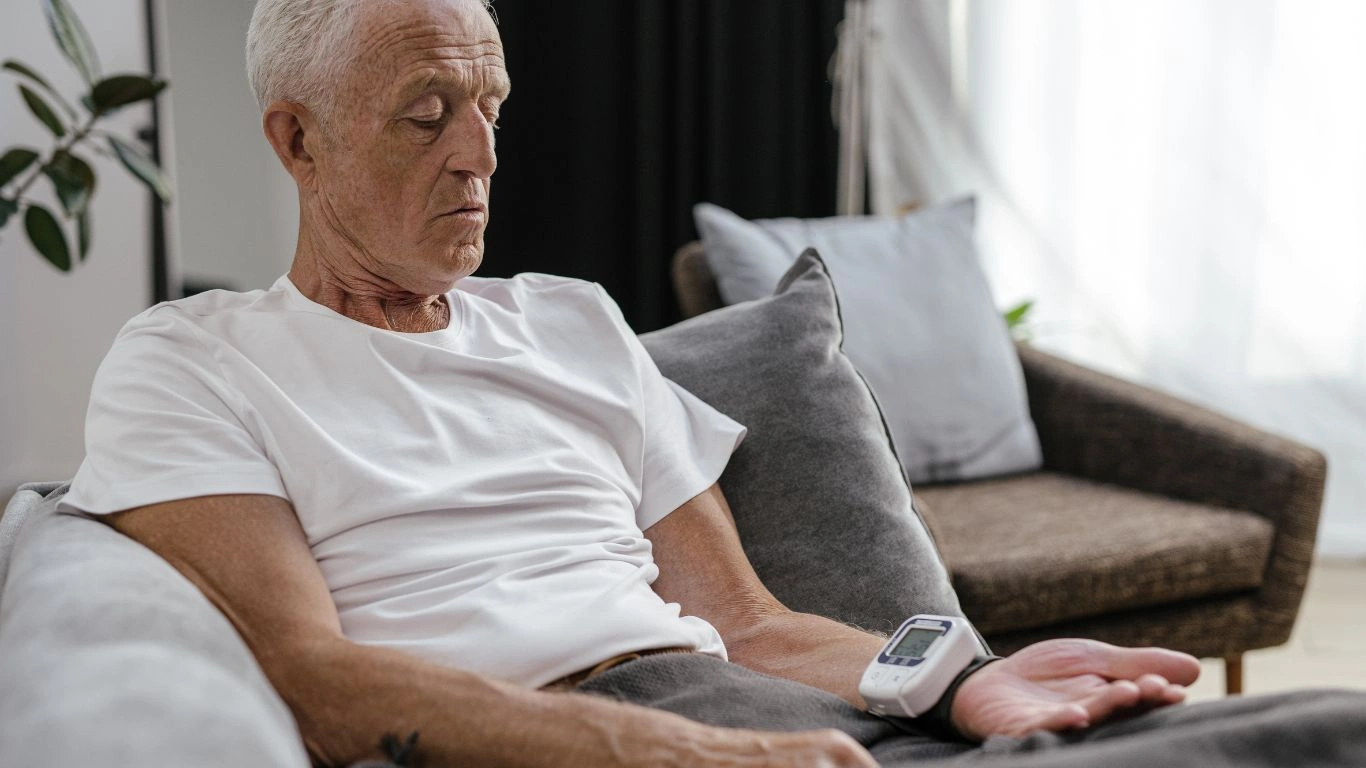
Let’s be real—dealing with hypertension and dizziness is a lot more common than people think. A couple of examples:
Maria’s Story: My cousin Maria has had high blood pressure for a while. A few months ago, she started feeling dizzy whenever she stood up quickly. After chatting with her doctor, they switched up her meds, and she started drinking more water. The dizziness has pretty much stopped now. It’s a small change, but it worked for her.
John’s Experience: Another friend of mine, John, was getting dizzy from his blood pressure meds. He didn’t realize it at first because it came on slowly, but eventually, it got bad enough that he had to stop driving for a bit. After a quick visit to the doctor, they switched his meds, and the dizziness cleared up. Sometimes, it’s just a matter of tweaking things a little.
Key Takeaways
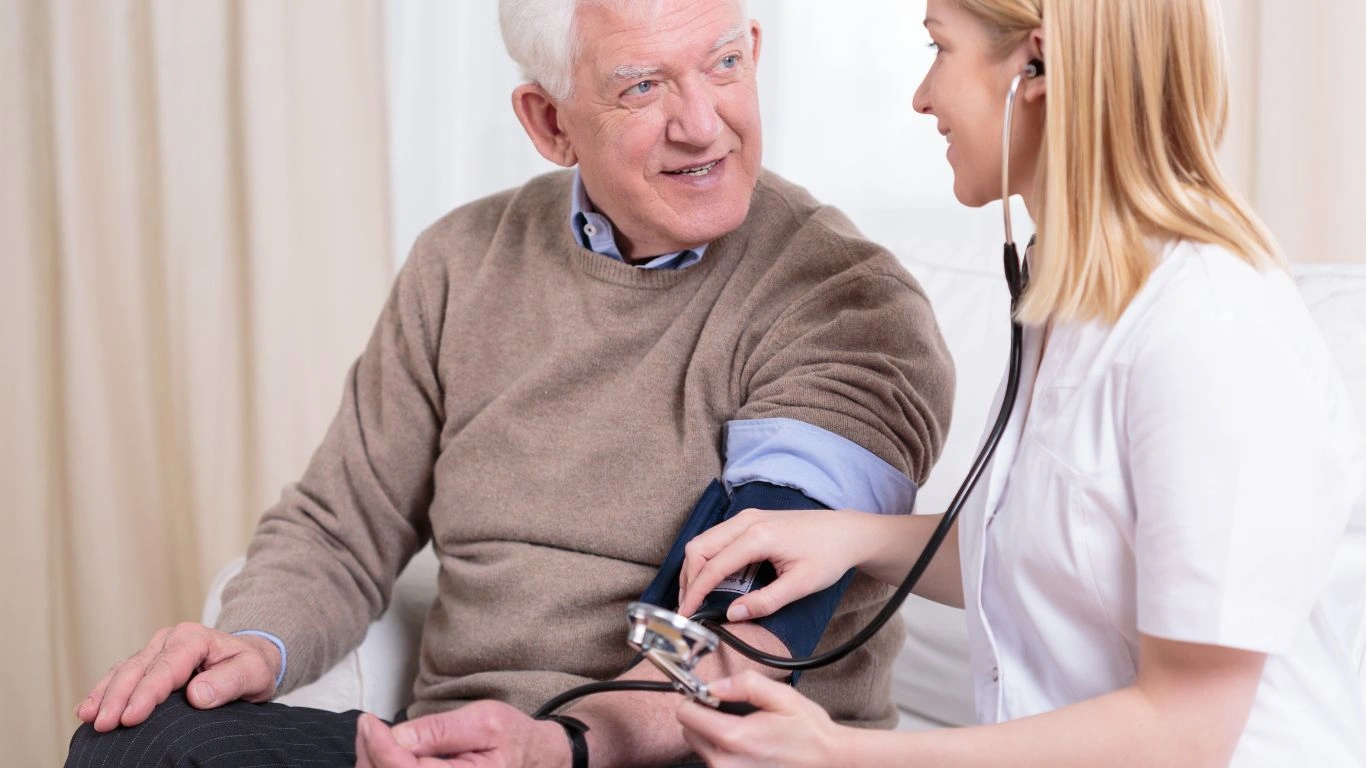
- Hypertension and dizziness are often connected, but it’s not always straightforward. Sometimes it’s the blood pressure itself, sometimes it’s the meds, and other times it’s something simple like dehydration.
- Keep an eye on your blood pressure, stay hydrated, and talk to your doctor if the dizziness won’t go away.
- Small changes like drinking more water or standing up more slowly can actually make a big difference.
FAQs
Q: Can high blood pressure cause dizziness even if it’s controlled?
Yep! Even if your blood pressure is stable, things like meds, dehydration, or sudden position changes can still cause dizziness.
Q: What should I do if I get dizzy after taking my meds?
Talk to your doctor about it. They might need to adjust your dosage or switch you to something else. Don’t try to tough it out!
Q: Will lifestyle changes help with dizziness?
Absolutely. Drinking enough water, managing stress, eating well, and staying active all contribute to better blood pressure control—and less dizziness!
In Summary:
Dealing with hypertension and dizziness doesn’t have to be overwhelming. By staying on top of your blood pressure, being mindful of your meds, and making a few lifestyle tweaks, you can reduce those dizzy spells and live more comfortably. It’s all about finding the right balance.
Disclaimer
I’m just sharing info based on personal experience and research, but it’s always best to consult a healthcare professional if you’re feeling concerned. Dizziness can be a symptom of many things, so don’t skip that doctor’s visit!
Call to Action
If you’re dealing with dizziness and high blood pressure, take action now. Monitor your blood pressure, hydrate, and have a chat with your doctor. It’s never too late to start feeling better!
